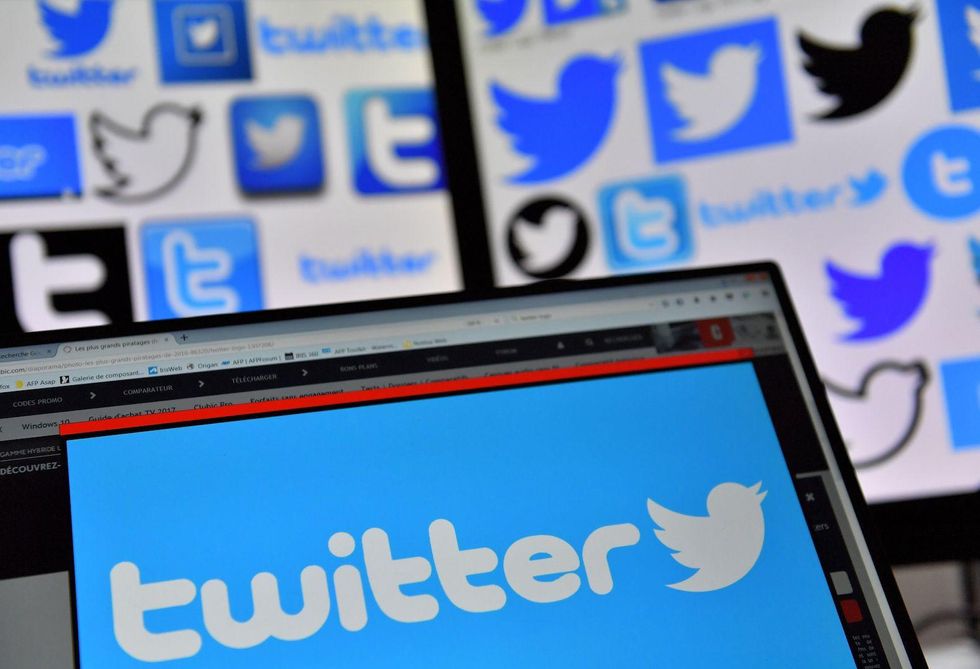
Laura Hudson, Culture Editor for The Verge, criticized Twitter's decision not to ban Alex Jones from the platform. (Loic Venance/AFP/Getty Images)

In a column criticizing Twitter CEO Jack Dorsey's decision not to ban Alex Jones from the social media site, a writer for The Verge attacked the principle of free speech as "dangerously naive."
Laura Hudson, The Verge's culture editor, said Twitter is wrong to believe that a free marketplace of ideas is sufficient to push back against harmful conspiracy theories.
"Who doesn't want to think that the truth will always win in the end, that information not only wants to be free, but that this freedom will lead us toward a more just world -- especially when it is your job to share information?" Hudson wrote. "But in our current moment, it is a dangerously naive idea."
Hudson cited numerous studies that promote the idea that once people have believed false information, presenting them with the correct information later could just entrench them more deeply in the false belief.
Therefore, Hudson argues, social media sites like Twitter have an obligation to carefully police the speech on their platforms to limit the amplification and exposure of poisonous ideas.
"Instead, far too many of the biggest social platforms continue to tie themselves -- and, by extension, their millions of users -- to the railroad tracks of unfettered speech, more fearful of exuding a whiff of censorship than the oncoming train of misinformation and hate that is already barreling down upon us," Hudson wrote.
Hudson says the First Amendment was meant to protect the public from state oppression, meaning it should not necessarily apply to what a company like Twitter allows to be posted.
"Twitter does not have the power to throw people into prison; indeed, the greater potential threat Twitter poses to the public is not its ability to lock someone's account if they use racial slurs, but the harm it has done, and is doing, by feeding its oxygen to the ugliest and most destructive elements of society -- ones that better and more civilized communities and platforms would quickly banish for the good not only of its most vulnerable members, but for discourse at large," Hudson wrote.
The debate over banning users from media platforms reignited when Apple, Spotify, YouTube and Facebook removed content by Alex Jones from their sites due to alleged violations of those sites' hate speech policies.
Many users called for Twitter to follow suit, but Dorsey has refrained from doing so, saying Jones has not violated its rules.
"If we succumb and simply react to outside pressure, rather than straightforward principles we enforce (and evolve) impartially regardless of political viewpoints, we become a service that's constructed by our personal views that can swing in any direction," Dorsey tweeted earlier this week. That's not us."
(H/T Hot Air)